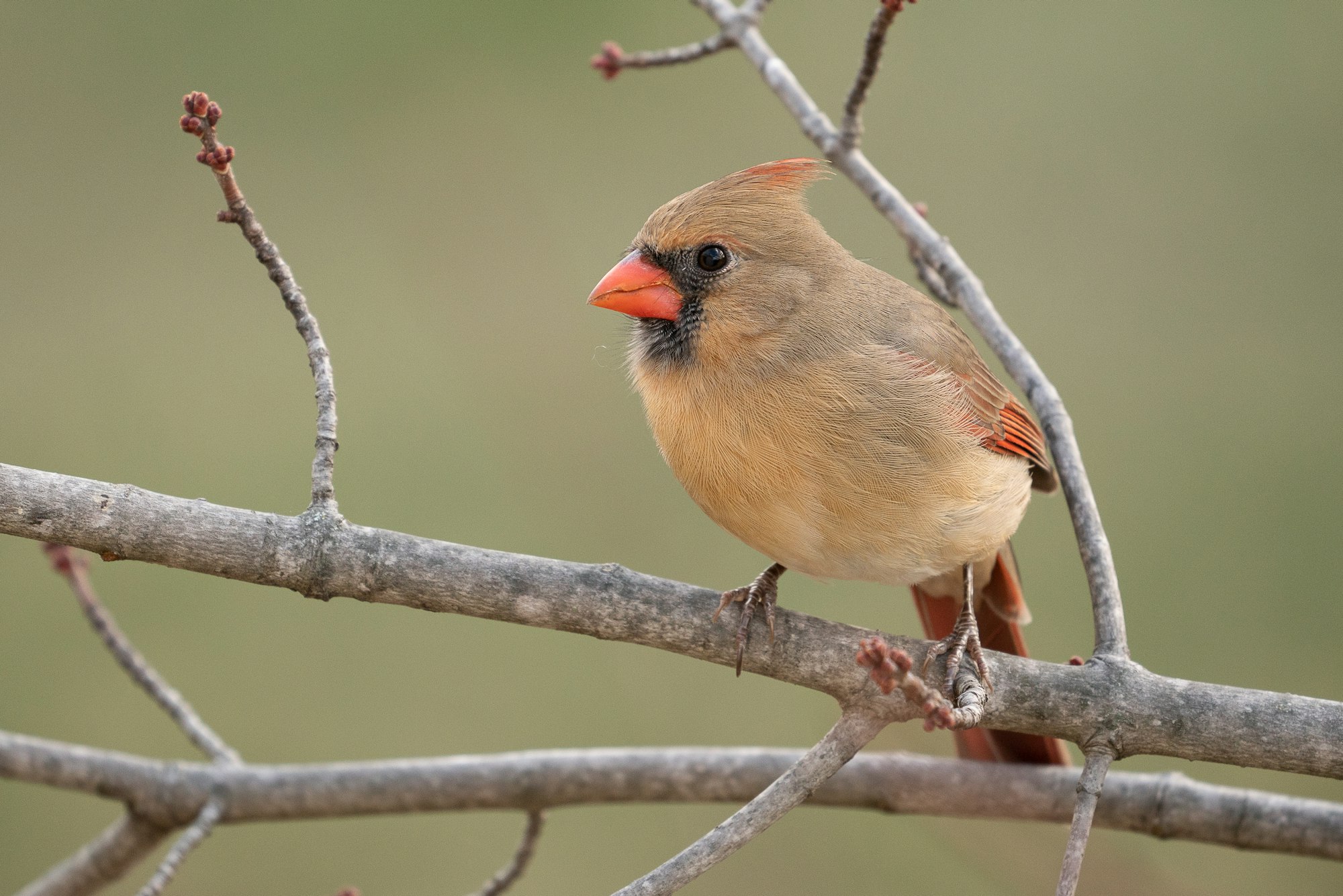Basho, "In Kyoto..."
When I think about broken relationships, I find that my imagination’s particular cruelty lies in giving me ideal versions of those I’ve loved.

Greetings! Welcome to my little newsletter
I want to thank you for subscribing to this newsletter. I'm aiming to give each reader something of value. I can't guarantee it'll happen, but it's something I can try to do well, and I can certainly learn while trying.
Below, I've posted an interpretation of a haiku by Basho. Sometimes, poetry accomplishes feats which cannot be done in other forms of art. I think Basho's haiku captures a specific reaction perfectly, and I detail my reasons.
A few things you may find of interest:
- If you want to be outraged about US hospital bills, here's a tweet (and accompanying thread) which will accomplish that. (Also, nytimes opinion had a video feature which was devastating.)
- Walter Kirn's "Going Clear" is a marvelous bit of prose, and a really thoughtful meditation on our desire and need for privacy.
- Teacher tries to guess high school senior superlatives (credit: Ariana)--this is awfully sweet. I feel like you don't need to be polished to make a genuine connection. This teacher's awkwardness works.
Basho, "In Kyoto..."
Basho’s little poem can’t be duplicated. “In Kyoto, / hearing the cuckoo, / I long for Kyoto” captures a specific sigh perfectly. One can write about love, loss, and nostalgia but it won’t be nimble enough to address the moment. Basho is where he wants to be, he hears the cuckoo cry, he realizes nothing can be the same. There’s no weeping or gnashing of teeth; if an emotional collapse occurs, it happens later. The only thing presented is acceptance of the feeling of loss.
"In Kyoto..." (from Poetry) Basho (tr. Jane Hirshfield) In Kyoto, hearing the cuckoo, I long for Kyoto.
***
I’m scared to keep writing about the poem. It possesses a dignity which makes the mere invocation of my memory tricky.
But I’ve been thinking a lot about how place works. How, in the past, I’d talk about those I’ve known who were scared to leave the house. They really were scared to leave their house, but I realize now the problem wasn’t as simple as I thought. I don’t want to defend their behavior completely, but I missed how a number of objects I wouldn’t look at twice had meaning for them. How, say, a garden reminded them of meals, of neighbors who’d stop and chat, of their childhood. It would be painful to be away from the garden for a length of time, especially if one learned to see it as sanctuary.
When I think about broken relationships, I find that my imagination’s particular cruelty lies in giving me ideal versions of those I’ve loved. How they’ll always be joyful or virtuous or eager to learn. Those ideal versions aren’t separable from places. I have to picture us, somewhere, doing something together.
The older I get, the more I understand why some people grouch about travel, calling it an unnecessary luxury. Some of them know what’s at stake: where you are is tied with whom you imagine yourself, what loves and hopes you weave together. Expensive vacations as a demonstration of class and status—yeah, I can’t declare myself a fan. But travel can still entail possibility and discovery. This threatens those frightened of the least sort of change.
***
Basho’s sigh is profound. “In Kyoto, / hearing the cuckoo, / I long for Kyoto.” I always remember who I was with when I see a female cardinal.

To that end, his lines have an elegance one could easily trample. There are people who only see the world in terms of their nostalgia. How everything was better in their day; how television now can’t make them laugh; how standards, in their estimation, were more rigorous. This nostalgia, properly speaking, is a political creed. It locates what is authentic and true in the past. As the past cannot be experienced again, everything must decline unless the past is redefined.
Because it’s momentary—because we just glimpse the sadness—Basho’s grief does not become comprehensive and crude. It does not try to reshape the world. The funny thing is how we realize that even he doesn’t quite know how deep the sadness goes. We sense it is greater than him; he’s beginning to have that sensation himself.
